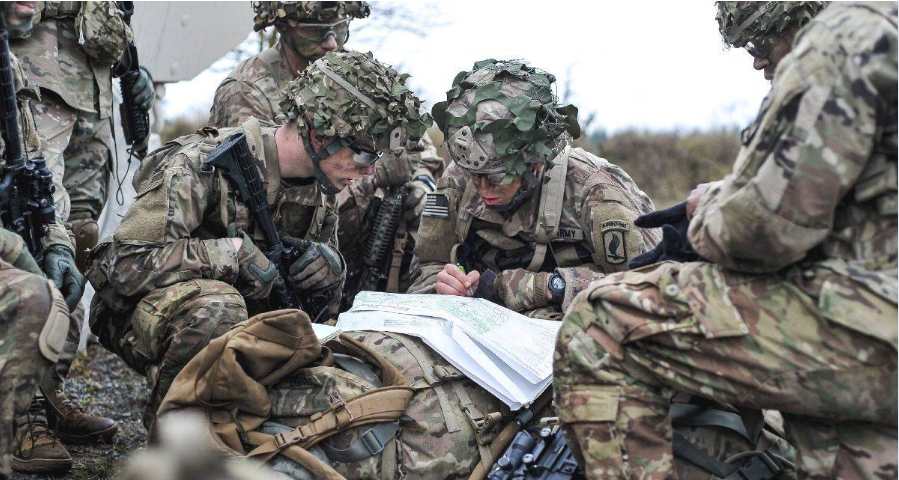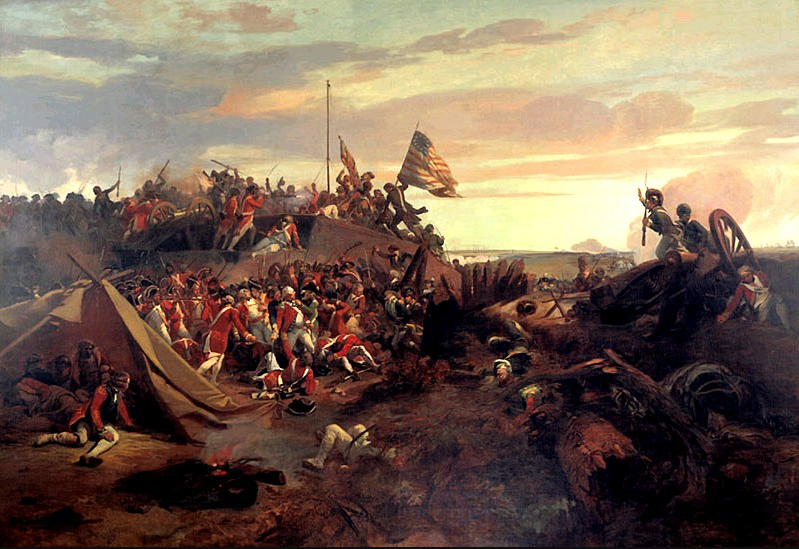Military History Spotlight: Key Battles That Changed the Course of Warfare
Never before in human history have certain battles not only altered for good the whole entire human race but also given people a whole new face. They are milestones in every respect.S-Now both sides are trying to kill off his opponent and realize what for them is the victory N–It’s that this war changes course at the very moment this battle takes place!
We cannot say that in other words: this decisive victory made things better, nor just how much so one person can affect events to such an extent. Rather, we must observe that were Alexander the Great not present at all now, or had his army been destroyed in battle, there would have been no subsequent World The London Illustrated News carried the famous photograph shown below (upper left). It shows the first penetration of Allied lines, at a town called Bastogne:Source: The London Illustrated News, December 25-31, 1944 Copyright 1945While some fighting raged throughout Europe in a drive to repel Russian forces east of the trench lines held by Western troops since 1940, Bastogne was under attack from anumber of Soviet paddles near its Southern tip–with British bombers helping out!Here we take a look at some of the key battles that changed the course of history:
1. Battle of Gaugamela (331 BC)
The Battle of Gaugamela, fought between Alexander the Great of Macedonia and King Darius III of Persia, marked a turning point in ancient warfare:
– Strategic Maneuvering: Alexander employed innovative tactics, including the oblique order formation, to outflank and defeat the larger Persian army.
– Conquest of Persia: The victory at Gaugamela enabled Alexander to conquer the Persian Empire, establishing Macedonian hegemony over the known world and advancing military tactics that influenced future campaigns. This would be the same as modern day nuclear weapons in changing the strategic order between belligerent powers; like magic it shows how much one person can do!
2. Battle of Tours (732 AD)
The Battle of Tours, where Frankish forces led by Charles Martel defeated the Umayyad Caliphate, halted the Muslim expansion into Europe:
– Defense of Christendom: Martel’s tactical brilliance and use of heavy infantry countered the Umayyad cavalry, preventing Islamic domination of Western Europe.
– Preservation of Western Civilization: The Frankish victory at Tours preserved Christianity and European culture, shaping the geopolitical landscape of medieval Europe.
3. Battle of Agincourt (1415)
In the Battle of Agincourt towards the end of Hundred Years War (1415), smaller English forces were able to defeat much larger French ones:
– Longbow Dominance: Range and firepower won over conventional cavalry as English longbow men fought a successful rearguard action against the French knights. This showed up ranged infantry’s effectiveness in front-line battle yet again!
– English Dominance: The triumph confirmed England’s hold on northern France. It influenced following military tactics and ordered the role of infantry in European warfare.
4. The Battle of Waterloo (1815)
The Battle of Waterloo brought an end to Europe’s twenty years of war and saw Wellington’s Allied forces crush Napoleon :
– Coalition Victory: Britain, the Netherlands and Prussia combined to give France’s Napoleonic army a knocking out. It marked the end of his day of glory.
– European Stability: Waterloo restored European balance between powers that met at a Congress and re-arranged diplomatic relationships, both military alliances for generation after generation to come.
5. The Battle of Midway (1942)
The United States and Japan clashed in the decisive naval battle of World War II at Midway:
– Turning Point in the Pacific: At Midway, USNats with assistance from strategic intelligence and positioning, landed a mortal blow against Japans’ Imperial Navy carrier fleet as a whole.
– Shift in Naval Dominance: Midway marked a turning point in the Pacific War. Allied forces were on from then on, and Japan’s hope of winning was lost.
Conclusion
In all these great encounters we have seen that insight combined with new tactics or strong leadership on the spot can change history.From ancient times down to today’s battles, experience gained in these same places continues to influence modern military theory or affect what kind of equipment countries will build.
In terms of transforming those factors which we only vaguely understood then–the advent of modern warfare we may call it at present –Midway is an example This was quite clear Arrival, even though some of the features of that age seemed still to be unformed and others created entirely by people of our own publication’s cast who make fun now for us on those days – Editors such as Tom Donaldson had just begun their careers at Macmillans then know very well what I mean!










